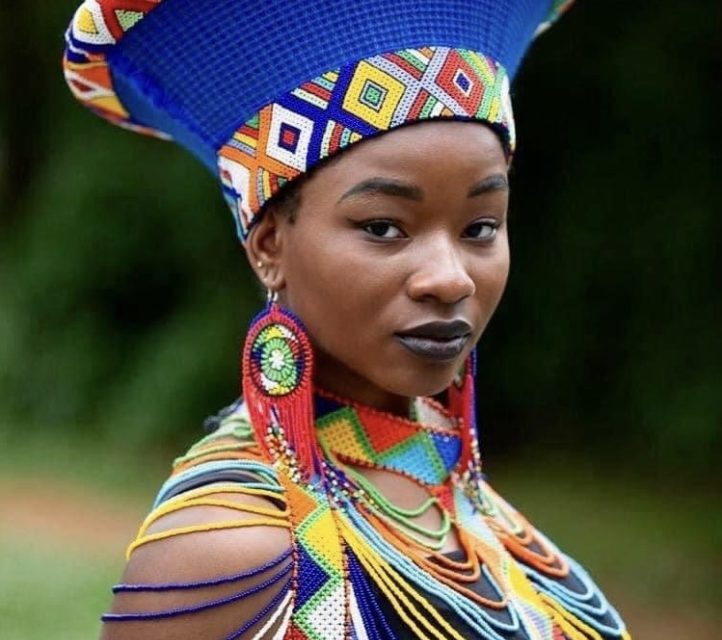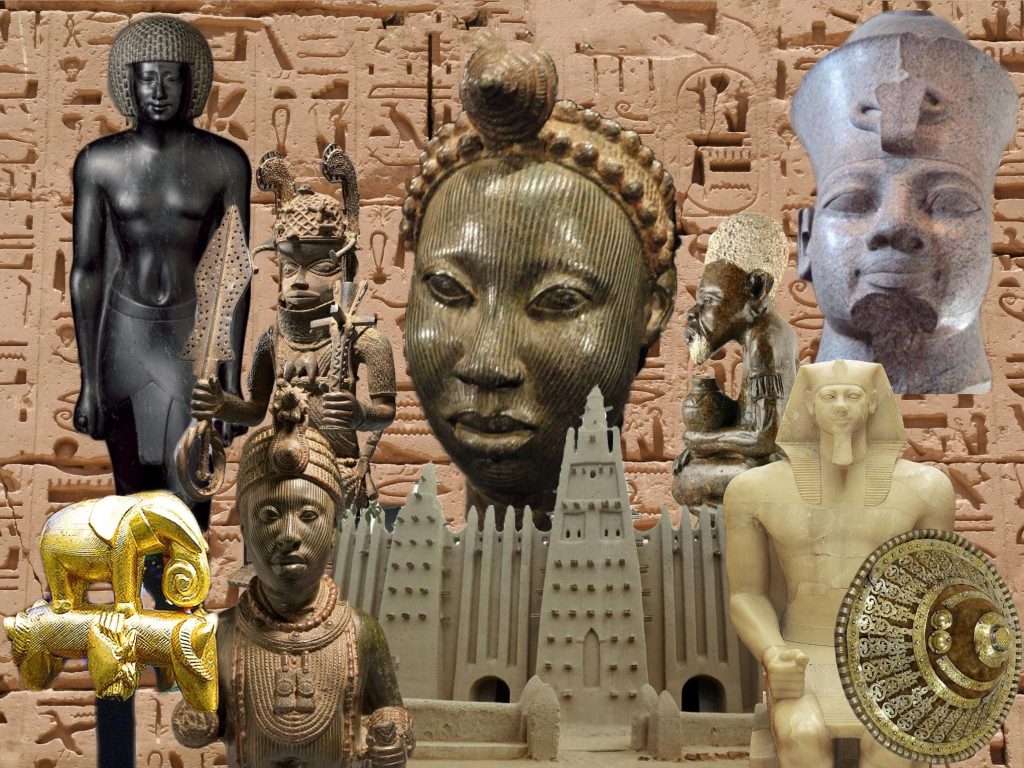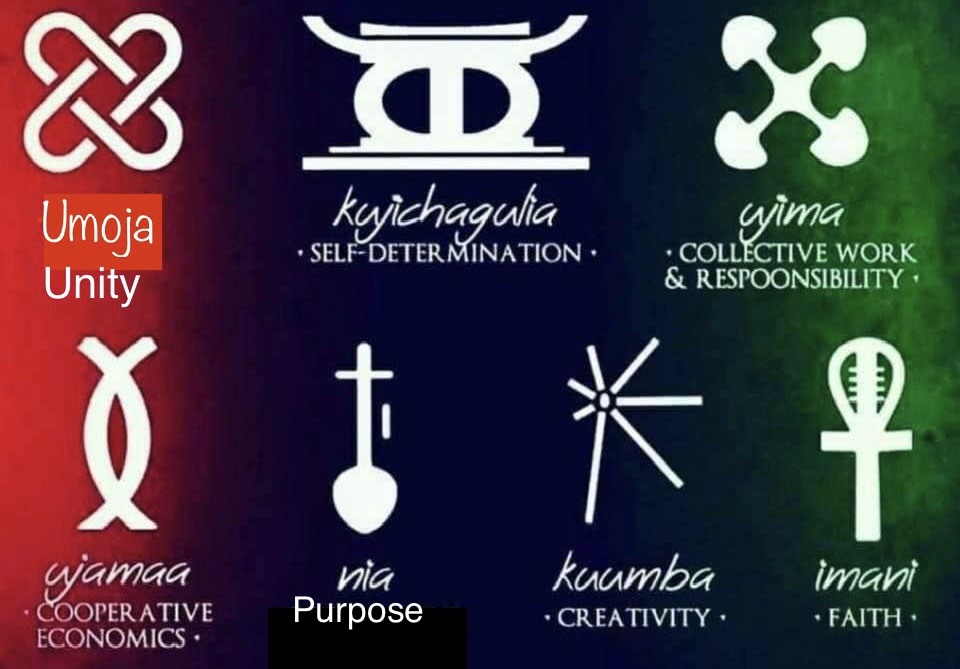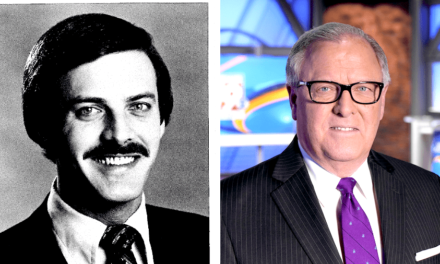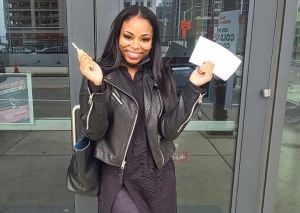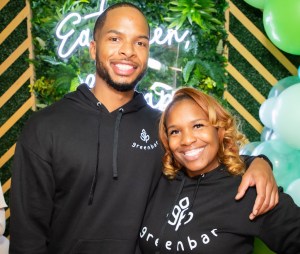By Bakari Sanyu
What African heritage tradition functions to renew and strengthen the intertwined, cherished, and indivisible values of family, community, and culture in a rich and meaningful way? Kwanzaa, celebrated from December 26th to January 1st, provides a designated time to collectively celebrate our ancestral origin and to share the riveting beauty of African culture, its values, insights, and instructive practices so we can deeply rejuvenate our lives, families, and community for mutual flourishing and benefit.
The annual tradition functions to rejuvenate our cultural memory around the necessity, urgency, and priority of continuing, maintaining, and expanding our collective uplift Movement, so we can propel the momentum of our actions and deeds forward in an organized manner. The Kwanzaa season serves as a vehicle for people of African descent to gather and express their ethnicity in the collective richness and festive cultural ambiance of enriching ethnic art, dance, poetry, folktales, music, cuisine, literature, and in the beauty of heritage clothing, heirlooms, hairstyles, jewelry, crafts, and expansive creative productions.
The Kwanzaa cultural tradition was created and framed by Dr. Maulana Karenga in Los Angeles, California within the midst and context of the 1960’s African American Freedom Movement. And as the creator of Kwanzaa, Dr. Maulana Karenga is the author of the definitive text on its origins, principles, practices, symbols, and meaning. Take time to learn and relearn more information about Kwanzaa and then share the beauty of its values, insights, and instructive practices throughout our community. The cultural publication is readily available at www.sankorepress.com and a comprehensive reading will provide considerable detailed explanations.
The name Kwanzaa comes from the Kiswahili phrase, matunda ya kwanza, where matunda means “fruits”, and ya kwanza means “first”. Dr. Karenga added the extra “a” to the Kiswahili word kwanza, to distinguish the cultural tradition’s name. The language of Kiswahili was chosen for the name Kwanzaa and all accompanying phrases, because it is the most widely spoken African continental trade language used among African countries. And the year-end observance of Kwanzaa occurs because this cultural expression is derived from the African continent’s traditional year-end agricultural harvest celebrations.
Since the 1960’s African American families and communities across the USA, have presented Kwanzaa, and the cultural celebration has spread all around the world. Kwanzaa is now evident in North, Central, and South America, throughout the Caribbean Islands, Europe, Asia, and Africa, and the cultural expression is observed worldwide by over 60 million people of African descent. This beautiful cultural model of possibility and cultural excellence created by Dr. Maulana Karenga, reminds our communities that we have the have the capacity, duty, and wherewithal to change the prevailing conditions of our lives with cultural memory, if we diligently practice cultural values, focused priorities, organization, commitment, and continuous empowered action.
Kwanzaa serves to restore and reinforce rootedness in our African heritage, culture, and consciousness, as well as functions to strengthen, maintain, and reaffirm our interconnected family, community, and cultural bonds. The cultural expression brings us together from various countries, classes, ages, generations, religious traditions, and political persuasions to focus on and recommit to develop, contribute to, maintain, continue, manifest, uplift, preserve, expand, and propel forward much more cultural memory, Movement, and momentum for our future generations.
Kwanzaa honors the moral responsibility and awesome obligation to remember our Ancestors, who through their love, labor, and struggle, laid the foundation for us and pushed our lives and history forward, and on whose collective shoulders we now stand. The thrust of the cultural celebration is to continually strive to build, strengthen, maintain, and reaffirm our family, community, and cultural bonds with deliberate actions that expand more excellence, clarity, progress, trust, confidence, togetherness, productivity, cooperation, and empowerment. And the annual tradition reminds our community in its historical, geographical, and current diversity to continue to embrace, embody, build on, contribute to, maintain, manifest, and expand a dignified cultural legacy as a collective way of functioning in the world.
Our overall condition will change when enough individuals and families embrace, nurture, support, teach, and institutionalize self-knowledge to transform their self-image, as well as persistently work to intentionally practice more overarching cultural values. Manifest priorities to restore cultural names, decorate with self-reflective heritage imagery, and continually patronize our community newspaper and more Black businesses, so we can sustain a collective economic base. Join a grassroots community cultural organization and purposely act to be a dependable, financially contributing, focused, and committed Member (NOT a random drop-in, drop-by, drop-out, drop-off “best wishes for continued success”, half-in, half-out, loitering, peripheral, spectating, hand-waving, idle bystander). The heart and soul of Kwanzaa revolves around Seven Principles. The Kiswahili term for all Seven Principles is the Nguzo Saba. This minimum set of ethical values addresses what cultural integrity challenges our community faces and how to successfully deal with the cultural challenges. The cultural tradition’s context is intended to reinvigorate the passion, necessity, urgency, and priority of propelling OUR story’s collective consciousness forward. There is one principle to focus on during each day of the 7-day cultural tradition. The Nguzo Saba (Seven Principles) stated here in both Kiswahili and English, are as follows with brief explanations:
Umoja (Unity)To strive for and maintain unity in the family, community, nation, and race This is a call to rise, focus, and purposely act and commit to persistently practice working harmoniously together in our family, community, and culture for collective empowerment.
Kujichagulia (Self-Determination)
To define ourselves, create for ourselves, and speak for ourselves, instead of being defined, named, created for, and spoken for by others
This is a call to persistently reclaim, value, respect, embrace, embody, and restore the best of our history, heritage, and culture so we can think for, empower, and work to develop ourselves according to our own dignity affirming needs and priorities.
Ujima (Collective Work and Responsibility)
To build and maintain our community together and to make our sisters and brothers problems, our problems, and to solve them together
This is a call to commit to each other in destiny and duty, and to consistently work towards improving and better sustaining our family, community, cultural conditions and capacities, as well as future possibilities.
To build and maintain our own stores, shops, and other businesses and to profit from together
This is a call to build, expand, and persistently patronize community vendors, stores, shops, businesses, entrepreneurs, and companies to establish a vitalfinancial base for funding and sustaining more collective development.
Nia (Purpose)
To make as our collective vocation the building and developing of our community, in order to restore our people to their traditional greatness
This is a call to commit to an overarching dedication directed towardsembracing, embodying, and practicing building more family, community, and cultural unity as a way of life, so we can restore widespread self-respect, progress, trust, wellbeing, and collective productivity.
Kuumba (Creativity)
To do always as much as we can, in the way we can, in order to leave our community more beautiful and beneficial than we inherited it
This is a call to introduce and develop original, innovative, and inventive productions that are always socially purposeful, dignified, regenerative, and uplifting.
Imani (Faith)
To believe with all our hearts in our people, our parents, our teachers, our leaders, and the righteousness and victory of our struggle
This is a call to rise and be a transformative agent of change and to manifestservice, empathy, healing, goodness, and inspiration as a way of life, so we cancreate a better and more beautiful world than what we have inherited.
Our cultural tradition functions as a source of collective identity, purpose, direction, and consciousness. For as our esteemed Ancestor the honorable Mrs. Fannie Lou Hamer taught, “there are two things we should always care about, never to forget where we came from and always praise the bridges that carried us over”. The message and meaning of Kwanzaa are intended to continually invigorate and preserve a cultural foundation for uplifting our family and community with self-defining and self-confirming bedrock principles derived from tradition, reason, and history. 5
Our esteemed Ancestor Dr. Frantz Fanon has said that we must ask ourselves three culturally rooted questions:
- •Who Am I?
- •Am I Really Who I Say I Am?
- •Am I All That I Ought To Be?
The collective answers to these three questions will determine the extent of how each of us chooses to function as a cultural representative of our people throughout the year. Therefore, let’s work and apply our ethical cultural values, tell our unique complex narrative, present uplifting dignified self-imagery, promote positive social cohesion, and continually reject, challenge, and eliminate self-destructive, self-debasing, and self-erasure conditioning behaviors which result from cultural alienation and historical amnesia. More importantly, remember that our year-round practice of the Nguzo Saba requires us to sustain a profound sense of kinship with and among each other. Do something purposeful, collective, dignified, dependably, and reoccurring in our community. Uplift, empower, and expand much more excellence, clarity, integrity, cultural knowledge restoration practices, community bonding involvement, focused organizing, cooperative wealth generation, independent cultural institution building work, skilled trades development, infrastructure ownership, and cultural liberation activities. We are our own Cultural Liberators, Ambassadors, and Advocates. There will be a Kwanzaa Celebration for our community-at-large on Thursday, December 29, 2022, from 1 pm to 5 pm, at the Dr. Martin Luther King Jr. Community Center, located at 1000 S. Owens Street, Bakersfield, California. African heritage attire is strongly emphasized to proudly embody, honor, elevate, and support the essence, ambience, purpose, and ethnic imagery of our cultural tradition. Public Admission is FREE and our entire community is cordially invited to enjoy the festive cultural event.
Heri za Kwanzaa (Happy Kwanzaa)
Bakari Sanyu
Director, The Sankofa Collective
A community-based cultural education organization
Telephone Number: (661) 319-7611
email: bakari.sanyu@sbcglobal.net

